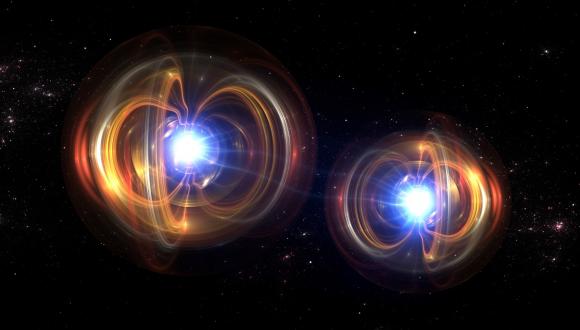LMI Seminar: Light trapping for broadband absorption of the solar radiation: from nanolenses to light trapping bioinspired by the Fovea Centralis
LMI Seminar:
Light trapping for broadband absorption of the solar radiation: from nanolenses to light trapping bioinspired by the Fovea Centralis

Dr. Gil Shalev
School of Electrical Engineering
Ben-Gurion University of the Negev
Wednesday May 25th, 2022
13:00-14:00
Light refreshments and drinks will be served at 12:30
Auditorium 011, Engineering Classroom Building, Faculty of Engineering, Tel-Aviv University
Abstract:
Subwavelength arrays of photoactive materials are important for solar energy applications due to their omnidirectional broadband absorption. Recently, it was suggested and demonstrated how the Yablonovitch 4n2 limit can be surpassed with such systems. We consider three systems of surface silicon subwavelength arrays for light trapping: 1) light trapping bioinspired by the Fovea Centralis (light funnel array paradigm), 2) enhanced light trapping with self-aligned quasi-nanolenses, and 3) light trapping governed by deep subwavelength sidewall decorations. We show that such light trapping approaches conclude an enhancement, in omnidirectional and broadband absorption of the solar spectrum, that is dozens of percent higher compared with state-of-the-art systems. The underlying light trapping mechanisms differ and ranges from refraction, light concentration, scattering, and photon tunneling. The research work is supported with far-field spectroscopy, near-field microscopy and numerical calculations.
Marko, G. et al. (2019). Nano Energy, 61, 275–283. https://doi.org/10.1016/j.nanoen.2019.04.082
Prajapati, A.et al. (2020). Nano Energy, 70, 104521, https://doi.org/10.1016/j.nanoen.2020.104521
Chauhan, A., et al. (2021). Solar RRL, 5(12).
Bio: Dr. Gil Shalev is a senior faculty member with the school of electrical and computer engineering, Ben-Gurion university of the Negev. His main research interests involve the exploration of novel field-effect devices for bioelectronics and biosensors, light trapping and the broadband absorption of the solar radiation based on arrays of nanostructures for various photonic and photovoltaic applications, and carrier extraction from nano-scaled devices. He gained his scientific education and experience in Tel-Aviv University in Israel and in the Max-Planck Institute for the science of light in Erlangen, Germany.


